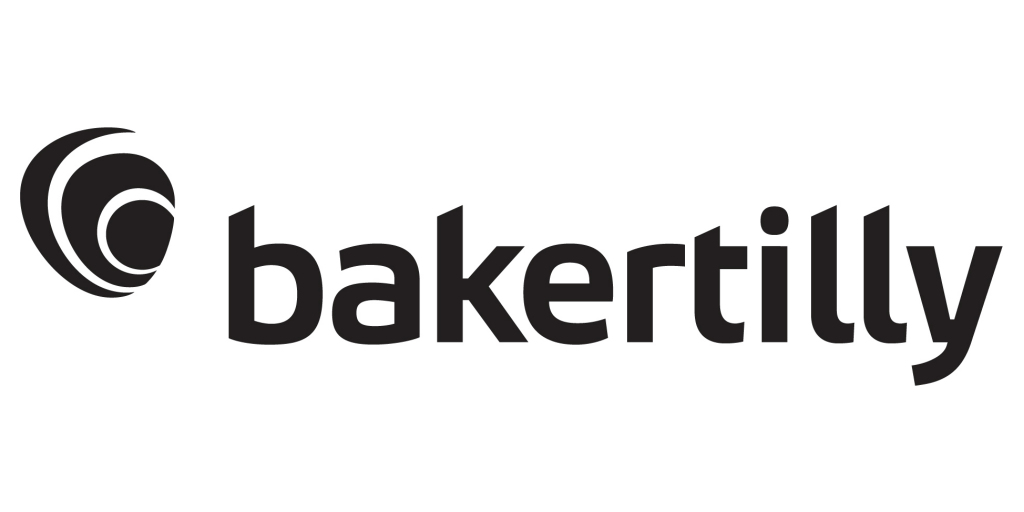Baker Tilly Insights Into Transformative Ways AI Is Helping Government Contractors
Authored by Kevin Brandt
Government contracting has always been characterized by complex processes, documentation and rigorous compliance requirements. The processes traditionally demand human resources and expertise to navigate. Additionally, these legacy processes often lead to inefficiencies and missed opportunities for innovation. Artificial intelligence (AI) technologies are deployed to address these longstanding challenges. The intersection of AI and government contracting showcases a shift in how government contractors operate and maintain compliance. The impact of AI in the contracting industry is beyond automation of routine tasks, it is now enabling a more strategic approach that can adapt to changing needs and leverage data in unprecedented ways.
Proposal development and optimization
Government contractors are now using AI-powered tools to improve their proposal development process and win rates. These systems analyze past successful proposals, client-specific requirements and evaluation criteria to help contractors create more compelling and compliant bids. AI tools in enterprise resource planning (ERP) systems can parse complex government solicitations in minutes rather than the hours it would take proposal teams to do manually, extracting key requirements, deadlines and evaluation criteria into organized formats. Practical applications include:
- Extraction of requirements from complex requests for proposals (RFPs)
- Analysis of past successful proposals to identify winning patterns
- Compliance checking to ensure all requirements are addressed
- Automated generation of proposal outlines based on RFP structure
For contractors of all sizes, these AI capabilities mean more proposals can be developed with fewer resources, while simultaneously improving quality and compliance. This can be a genuine competitive advantage in the federal marketplace.
Contract management
Once a contract is won, AI can ensure successful performance, identify potential issues before they become problems and gather data to strengthen future bids. AI capabilities automatically extract and track key contract terms, deliverable schedules and compliance requirements, alerting when deadlines approach or potential performance issues emerge. More sophisticated systems can analyze performance data across multiple contracts to identify trends and patterns. For example, these tools might recognize that certain types of deliverables consistently fall behind schedule, allowing contractors to address systemic issues before they impact customer satisfaction. Practical applications include:
- Extraction and tracking of contract requirements and deliverables
- Early warning systems for potential performance issues
- Resource allocation optimization across multiple contracts
These capabilities not only improve performance on current contracts but also build a stronger foundation for winning future work by ensuring customer satisfaction and documenting past performance.
Risk mitigation
Government contractors operate in a highly regulated environment where compliance failures can lead to serious consequences. AI-powered ERP solutions can continuously monitor transactions, communications and activities for potential compliance issues. For example, these tools can analyze expense reports to flag potential violations of contract billing rules. Beyond these applications, predictive analytics models embedded in AI enable contractors to take preemptive measures to reduce potential issues by forecasting future risks based on historical data. Practical applications include:
- Analysis of financial transactions for potential billing issues
- Real-time verification of cybersecurity compliance requirements
- Monitoring of relationships for FAR/DFAR compliance
By identifying and addressing compliance issues before they escalate, AI can help contractors avoid costly problems while simultaneously reducing the administrative burden of manual compliance reviews.
Decision-making
AI-integrated solutions integrate data from across the organization to provide executives with actionable insights that drive better business decisions. Specialized government contracting platforms such as Deltek have incorporated AI capabilities that go beyond traditional reporting. These tools use machine learning algorithms to identify patterns and relationships in complex data sets that would be impossible for humans to discover through conventional analysis.For example, the solutions can identify correlations between specific proposal strategies and win rates or between contract types and profitability metrics, helping leadership allocate resources more effectively.Practical applications include:
- Bid/no-bid decision support using historical performance data
- Identification of the most profitable contract types for your company
- Strategic planning support through predictive market trend analysis
By replacing intuition and gut feelings with data-driven insights, these AI systems are helping contractors make more objective, evidence-based decisions about where to invest their limited resources for maximum return.
How we can help
Deltek solutions for government contractors leverage AI capabilities to enhance efficiency and provide data-driven insights. These capabilities help reduce manual effort, mitigate risks and optimize performance, ultimately driving greater efficiency and compliance. As a trusted Deltek alliance partner, Baker Tilly provides seamless implementation, integration and optimization of Deltek’s enterprise solutions.
Contact a Baker Tilly specialist to learn more.

